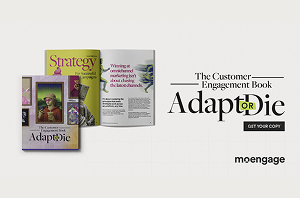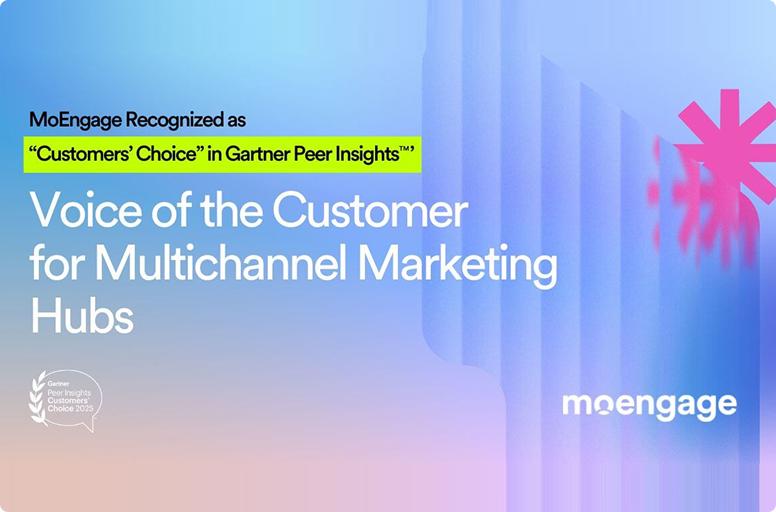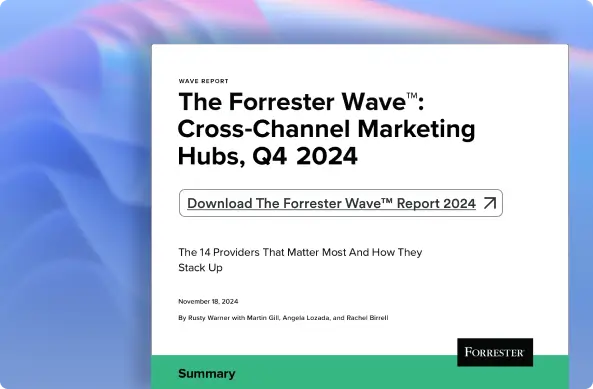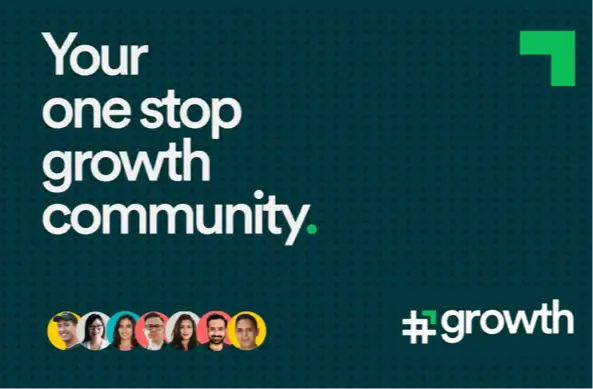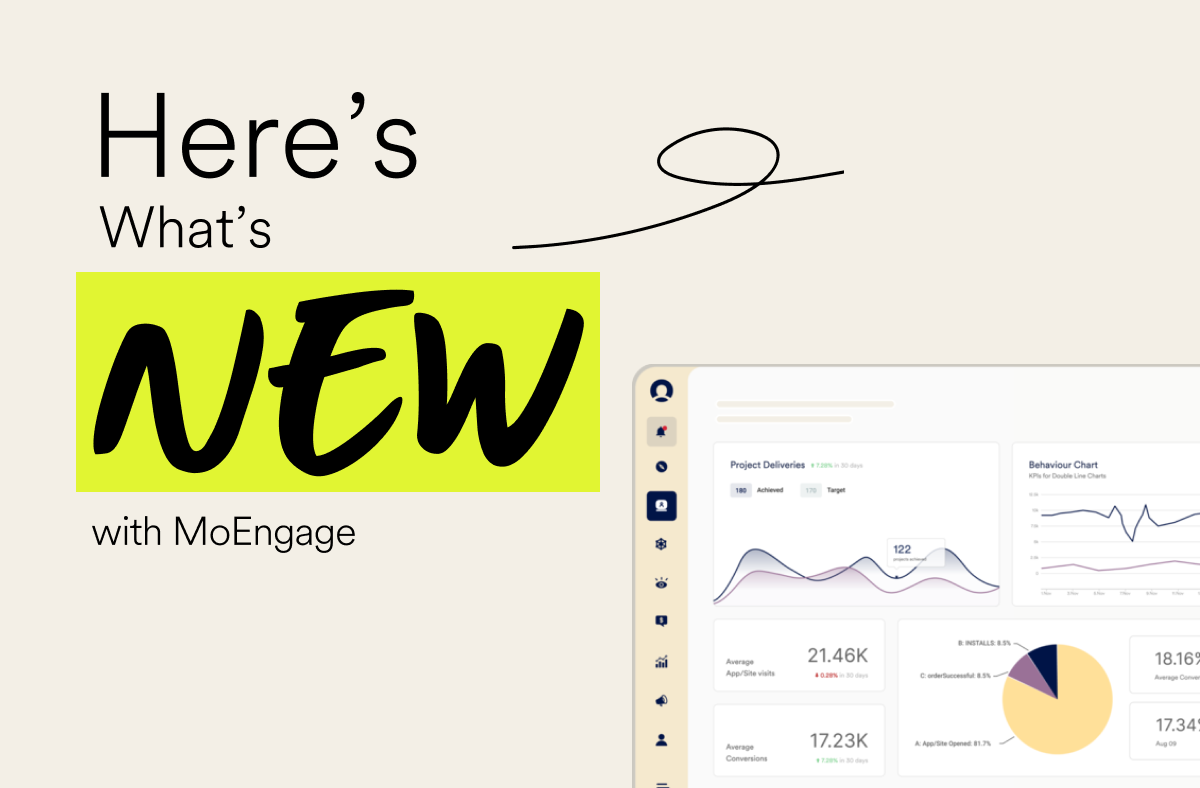10 Questions to Ask While Choosing a Perfect Customer Engagement Platform
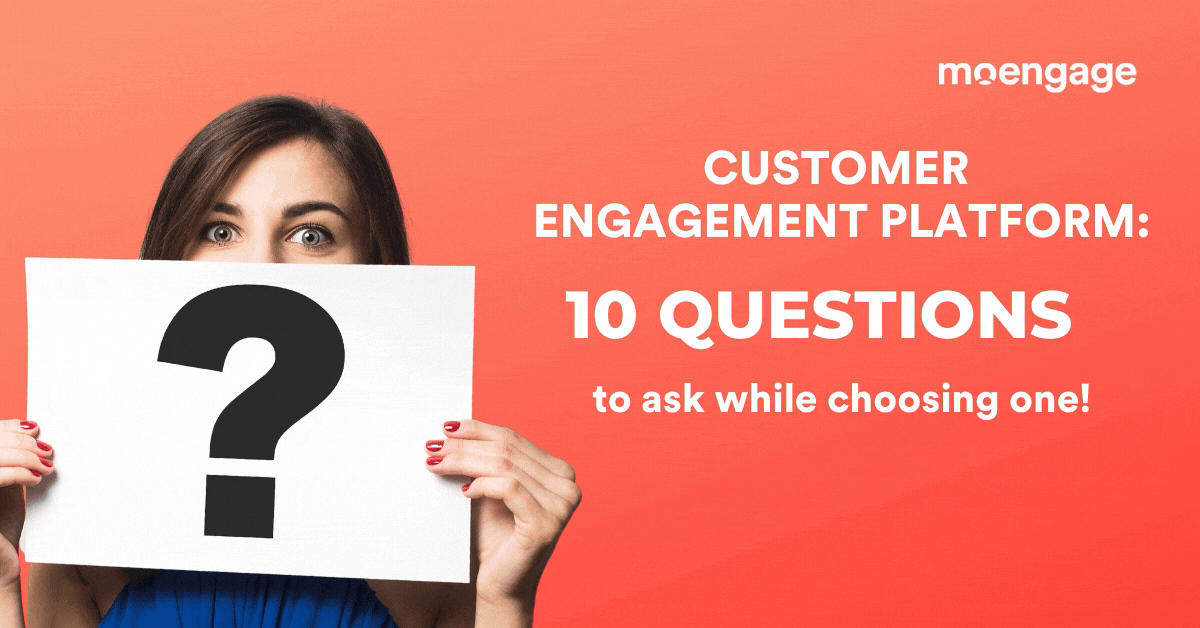
Reading Time: 7 minutes
Note: This article is a part of our special series focusing on the importance of an intelligent customer engagement platform and how you can choose one.
Introduction
Customer engagement is essentially a yardstick to measure a brand’s interaction with customers across various touchpoints throughout the lifecycle. Customer engagement goes beyond a minimal transactional relationship to build a meaningful and value-added customer-brand connection. There has been a change in the typical customer engagement narrative. It has evolved from being a sales- or support-driven function to anticipating customer needs, interacting with them, and building long-lasting relationships.
If properly implemented, a customer engagement platform can help your business occupy user mindshare, build awareness, and drive inbound growth. With a variety of choices available, how do you select an engagement platform that suits all your business needs? Here’s a list of 10 essential questions you can ask while choosing a customer engagement platform.
| Bonus Content |
Before we dive into the questions, let’s look at why your team needs a customer engagement platform.
Iconic marketing campaigns like ‘Share a Coke’ and ‘Big Sleepover’ highlights the role of customer engagement in creating loyal customers.
A customer engagement platform centralizes, analyzes, stores, and optimizes every interaction across several touchpoints throughout the customer journey. It helps your brand offer a personalized and delightful experience to the user. An engagement platform handles everything: it helps you understand behavior patterns, analyze data, personalize and test campaigns, and ensure optimum engagement. This helps streamline account-based revenue teams by improving efficiency across acquisition, retention, upsell, and cross-sell.
| Download our Buyer’s Guide to understand how to choose the perfect customer engagement platform. Click here |
How can customer engagement platforms help you drive growth?
An uplift in revenue: The engagement platform helps you implement data-driven processes across various customer-facing teams. Your teams can now understand interactions and measure actions that lead to revenue uplift. Using data science, machine learning, multivariate testing, and conversation analysis, every action can be mapped to revenue. This helps identify what works so teams can focus only on actions that add most to the bottom line.
Seamless customer experience: 93% of customers are likely to make repeat purchases from brands that offer excellent experience and service. The idea is to consistently communicate with customers across the channels that they’re most active on and deliver value. A smart engagement platform automates manual work, streamlines workflow, and provides behavioral insights that allow teams to focus on various user segments. Your teams can identify gaps, add value, and thus provide a delightful experience.
Improved loyalty: The customer engagement platform enables and ensures consistent and relevant interaction with your users. Going beyond your offering and adding real value is the key to building a community of highly engaged brand loyalists. These satisfied customers will vouch for your product or service and act as influencers, promoting your business.
Reduced churn: By setting up frequent and relevant communication, a customer engagement platform helps users realize the value you add. This, in turn, increases the chances of a subscription. Consistent communication will help users better recognize and connect with your brand.
Research conducted by Bain & Company shows 5% increase in customer retention can yield more than 25% rise in profits.
Engaged customers contribute significantly to a brand’s revenue. There is no better retention tactic than actively engaging and nurturing customers. The detailed user journey mapped by an engagement platform identifies pain points and reasons for dropoffs. This helps arrest churn and improve retention.
Short purchase cycles: A properly planned and executed strategy with the help of a customer engagement platform can shorten sales cycles. This can be done by running campaigns that inform and educate customers while anticipating and addressing their needs. Different targeted campaigns (highlighting the value) can be sent to various segments based on their journey. Such consistent engagement helps your brand stay on top of the prospect’s mind and positively impacts the purchase decision. Data analysis helps you better understand user behavior and preferences. You can then personalize recommendations and better target up-sell and cross-sell opportunities. This approach helps in providing super-relevant recommendations and improves the average LTV/order size.
10 questions to ask while choosing a customer engagement platform
Here’s a list of 10 questions that you can refer to while choosing an intelligent customer engagement platform:
1. What is the data integration ability of the platform?
While choosing an engagement platform, ensure that it has the ability to structure, enrich, and seamlessly integrate data from offline sources.
2. What does the platform offer in terms of meeting your business use cases?
Even before you start the selection process of an engagement platform, clearly define and identify your business use cases. Once you have all the use cases laid out, examine the platform’s ability to meet your demands.
3. What about the deployment timeline offered by the service provider?
You need to test the ability to make a quick and smooth release before making a decision. Check deployment history and agree on clear timelines, particularly for high-value and priority use cases.

4. What are the data security features provided by the customer engagement platform?
An intelligent platform should prioritize security and data privacy while adhering to standards and processes like SSO and 2FA. Ensure the service is compliant with protocols such as GDPR, CCPA, SOC 2.
5. What is the scope of user journey orchestration provided by the platform?
One of the most important capabilities that every intelligent customer engagement platform should possess is smooth user journey orchestration. Before making a decision, thoroughly examine if you can automate customer journeys for a seamless experience across several touchpoints and devices.
6. How capable is the platform in generating custom reports?
Whichever platform you choose should be able to generate custom reports as required by leveraging the built-in analytics capability.
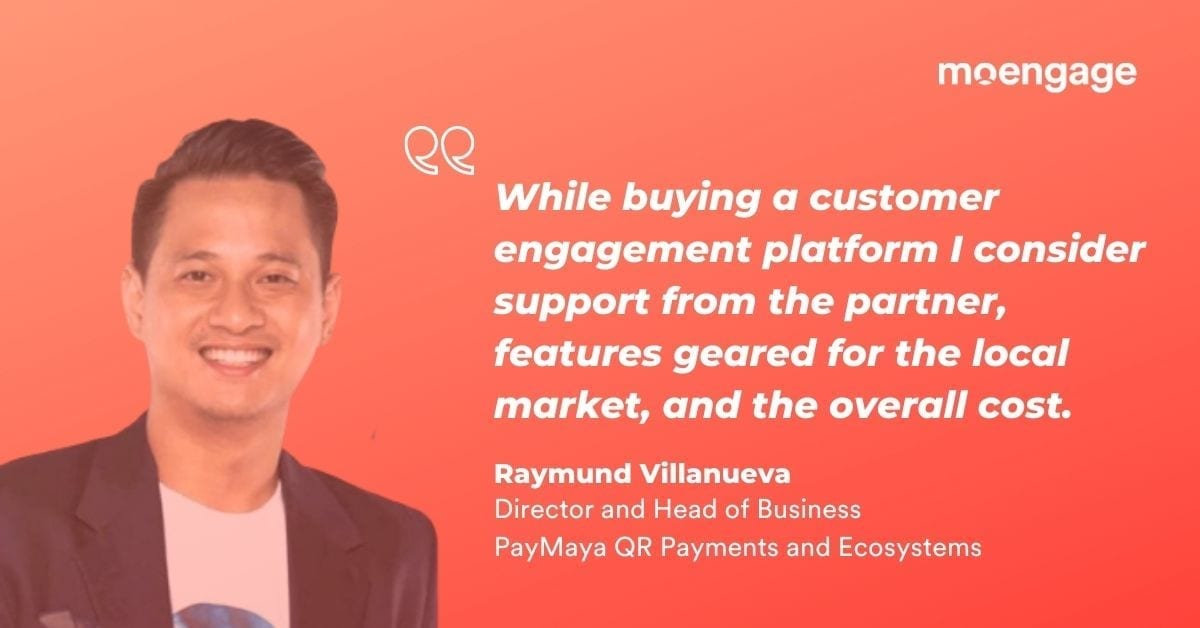
7. What is the scope and scale of customer support provided?
Inspect the kind of support the vendor provides during and after activation. Also, check for account management and allocation of a customer success manager.
8. What does the partnership ecosystem look like?
Check out the kind of partnership integrations provided by the platform. Prefer platforms that come with partnerships across leading marketing solutions, customer data platforms, ad networks, analytics, and attribution tools.
9. How easy is it to integrate the platform with your existing martech stack?
Most engagement platforms should play well with the other tools in your martech stack. Nonetheless, examine this aspect while choosing a customer engagement platform. Anything less than a seamless integration can cause huge problems.
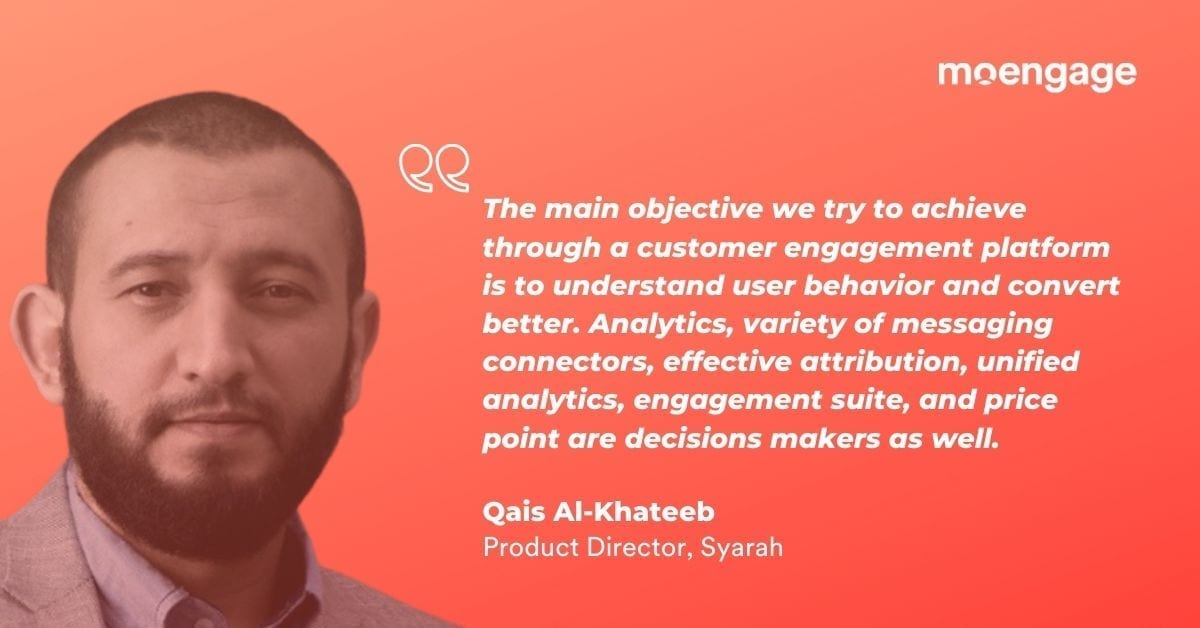
10. What about the training routine offered by the service provider?
When you invest in an intelligent engagement platform, ensure the vendor provides training services to your internal teams. This enables your team to troubleshoot independently when issues arise.
Examples of how brands use engagement platform
In order to tackle the low test drive registration rate, Toyota Turkey optimized their mobile web experience. They did this because 29.8% of car searches begin on mobile. The brand then segmented users based on preferences, interests, and browsing history and provided personalized experiences. They showed only relevant car models to home page visitors. This strategy, combined with CTAs on individual model pages and exit intent pop-ups, increased test drive registrations by 166%!
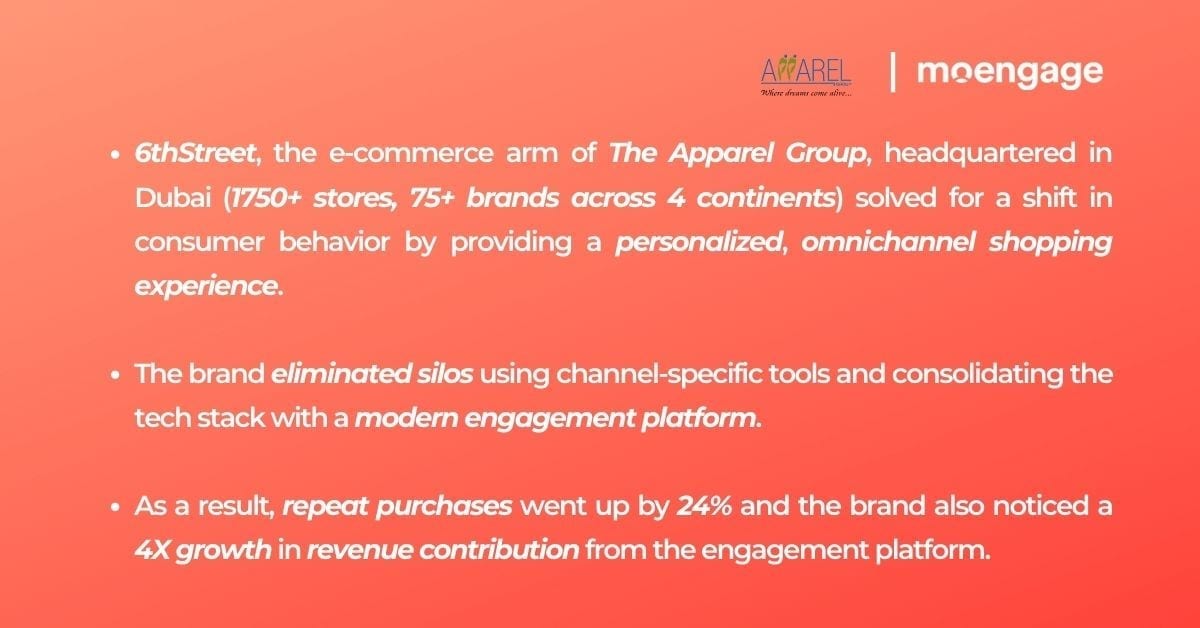
Airbnb has made waves in the hospitality industry, with competitors either forced to replicate their model or play catch-up. The brand spent time and effort understanding what the customer fundamentally wants and translating that into service. Instead of asking about the hotel experience, Airbnb resolved issues such as traveler needs and a sense of belonging. By anticipating customers’ needs and wants, Airbnb created a new business model, providing a feeling of belonging and trustworthy service. Combined with a sense of adventure, it earned Airbnb goodwill.
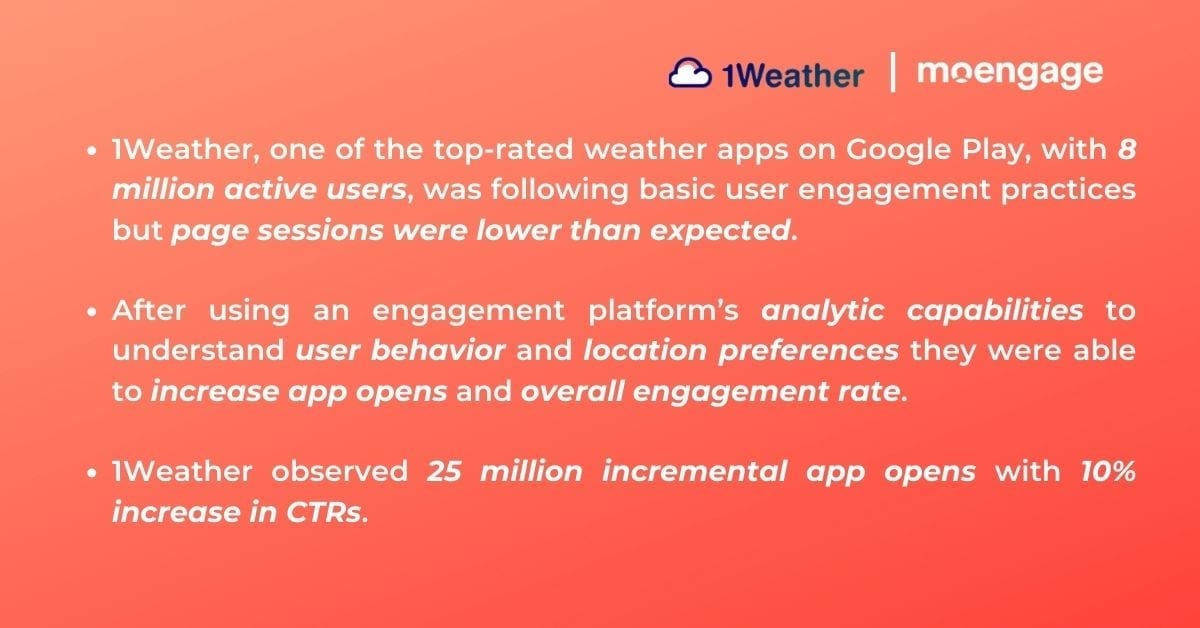
Key takeaways on the core capabilities of an engagement platform
Here are the basic functionalities that you should be aware of while choosing a customer engagement platform:
- Storage repository to store and process data.
- Data orchestration engine to set workflows, process, transform, and route data.
- Campaign and channel orchestration capabilities.
- Attribution and segmentation engines transform data into actionable insights.
- Integration layer to plug in files and APIs.
- User-friendly interface for stakeholders.
- BI and analytics capabilities to visualize data assets created within the platform.
- User identity creation by mapping a 360-degree profile view of the customer.
- Ability to comply with internal and external data governance and privacy policies.
What’s Next?
Now you know how an engagement platform helps orchestrate and map elaborate customer journeys to engage/target users better. Want to know about other amazing benefits offered by an intelligent customer engagement platform? Get in touch with us.
Do you have your holiday marketing strategy planned for this year? If you haven’t started yet, it’s not too late. Read our blog on holiday trends and also pre-order our holiday marketing guide!
Customer engagement is now a challenge with changed user priorities and preferences owing to the pandemic. But we got you covered. Take a look at the actionable strategies you can implement right now!
Wondering how to increase engagement on your app? Here are some golden tips on increasing app engagement!

